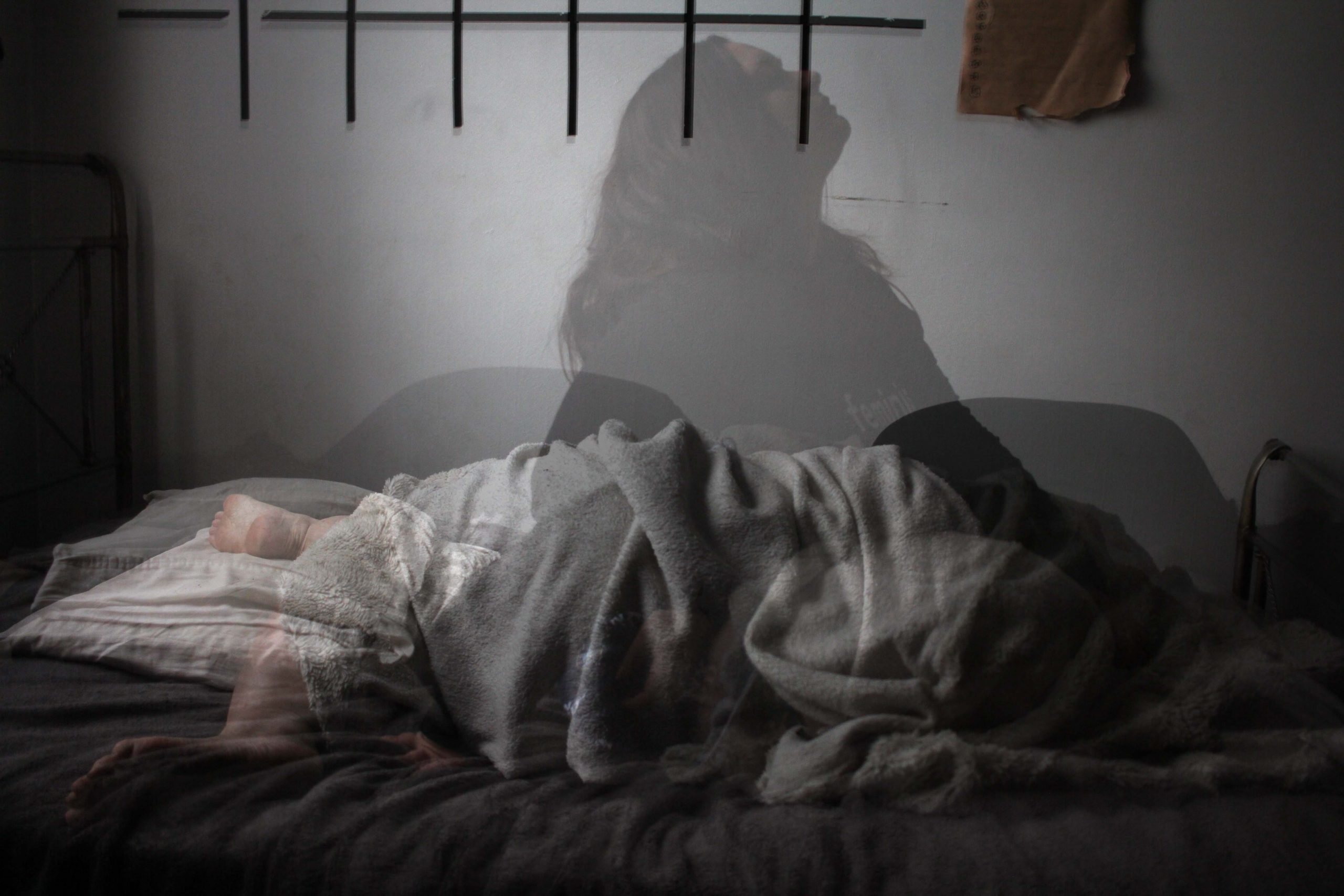More people have reported insomnia since the global pandemic was first triggered, giving birth to a whole new endemic dubbed ‘coronasomnia’.
This pandemic has interfered with our sleep. The word “insomnia” was Googled in the past year more than it has ever been before.
In fact, during the first few months of the pandemic, in the US alone, there were 2.77 million Google searches for insomnia. This is an increase of approximately 58% when compared with the same period of time from the past three years.
In the UK, a study from the University of Southampton revealed that the number of people reporting problems with sleep increased from one in six to one in four, following the pandemic lockdown. This has led to the coining of the term “coronasomnia”.
Insomnia is a sleep disorder that is marked by an increased difficulty of falling asleep and staying asleep through the night. Sleep insufficiency is classified as less than seven hours of sleep at night, and has been linked to lack of focus, increased reaction times and changes in mood.
Read also: Mummy brain: Scientific truth or the perfect excuse?
Lack of sleep can lead to other health issues such as weight gain, depression, and high blood pressure. Insomnia was an issue long before COVID-19, but the surge in cases has been noticeably rapid since the start of the pandemic.
A report from the National Institutes of Health showed that not only were there high rates of clinically significant insomnia, but that these cases, unsurprisingly, were linked to acute stress, anxiety and depression. With the pandemic now into its second year, routines have been extremely disrupted with months of social distancing and ever shrinking work-life boundaries.
All these changes to scheduling, lack of external cues, and changes in environment disrupt the body clock and make it difficult to keep the body’s circadian rhythm intact.
Social distancing means that we are unable to do the things we once enjoyed, such as socialising with our friends and practicing our hobbies. In effect, we are unable to destress. This could lead to mental health problems which then cause sleeping problems.
Alternatively, we are resorting to our laptop screens, our game consoles, our tablets and our mobile phones for entertainment. These devices can emit a blue light that signals to your brain that it is wake time and this can affect sleep, especially with screen use close to bedtime.
The feeling of constant uncertainty of what the future has to hold also has extremely negative consequences on sleeping patterns.
Unemployment is at an all-time high in many countries. Therefore, those who are employed feel they must work harder and longer in order to keep their jobs. Working long hours from home tends to blur the boundaries between home and work and disconnecting from the pressures and stress of the workday become virtually impossible.
We worry about our families, our children, our loved ones and we feel uncertain not knowing when all of this will end and when we will return to some sense of normalcy. As the pandemic continues, over time we find ourselves less motivated, and less able to cope and this can also cause insomnia.
Read also: Gaming addiction during COVID-19: Should we be concerned?
Insomnia also tends to occur in a vicious cycle. The less sleep you get, the more worried you are about not getting enough sleep, and this, in turn, makes you lose even more sleep. In addition, some of the remedies we try that we think will help, actually end up making things worse like taking a nap during the day could affect how much sleep you get during the nighttime.
What you can do about it
If insomnia/coronasomnia becomes long-term and serious to the extent that it significantly affects your productivity, mood and quality of life, you should seek professional help. But at first, there are a number of things people who are experiencing ‘coronasomnia’ can try on their own.
- Avoid the use of screens (tablets, mobile phones, laptops) up to two hours before bedtime. It’s recommended to keep screens completely out of the bedroom. It’s also especially important to limit how much news you read on the internet and on social media right before going to sleep.
- Turn on lights or open the curtains/blinds to let the sunlight in as soon as you wake up in the morning. This helps to regulate your circadian rhythm.
- Exercise during the day to help reduce the stress. Ideally, exercise in the sun as sunlight helps keep our circadian rhythms in check so that we produce melatonin (hormone that regulates night and day cycles in the body and helps us sleep) at night rather than in the daytime.
- Do not use your bedroom as your office space if possible. Try to keep your place of work separate from your place of rest as mixing the two could cause your brain and body to associate your bedroom with productivity and stress rather than rest and sleep. Working from bed is even worse and should be avoided at all costs.
- Don’t take naps during the day as this can disrupt your sleep cycle. It is better to go to sleep tired at night and sleep soundly than to nap during the day and stay awake at night.
- Cut back on caffeine consumption especially during the late afternoon and evening. Be aware of hidden sources of caffeine if you’re particularly sensitive to it.
- Design a bedtime routine and stick to it. This could mean eating dinner at a certain time, putting away your phone and turning down the lights half an hour before going to sleep.
Maha El Akoum, MPH, is a public health professional currently working as Head of Content at World Innovation Summit for Health [WISH].
Follow Doha News on Twitter, Instagram, Facebook and Youtube







